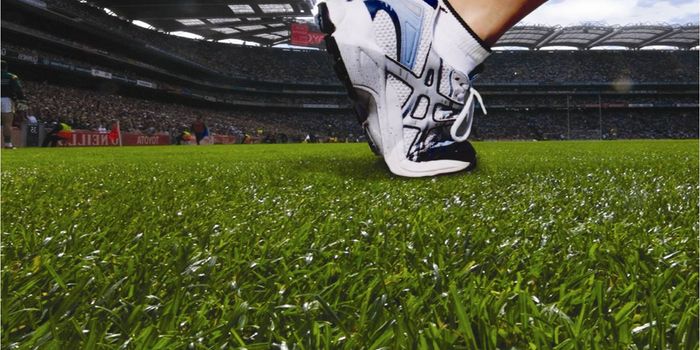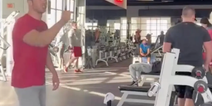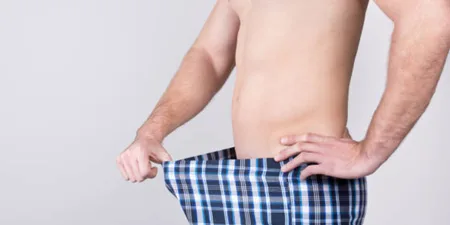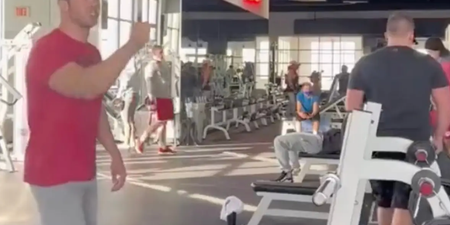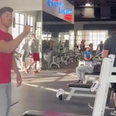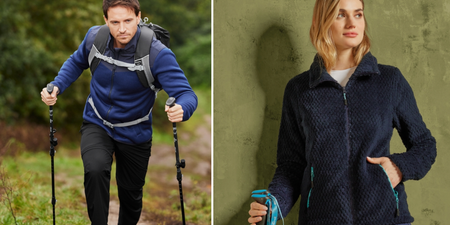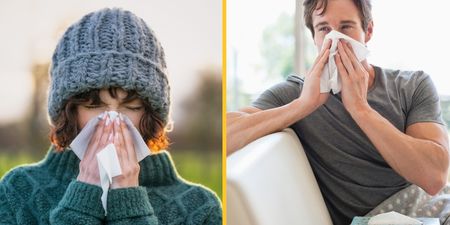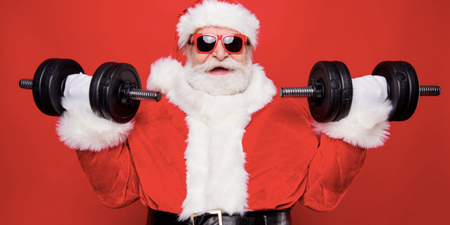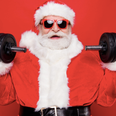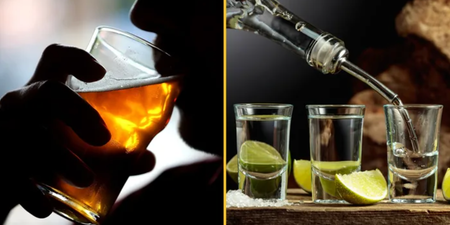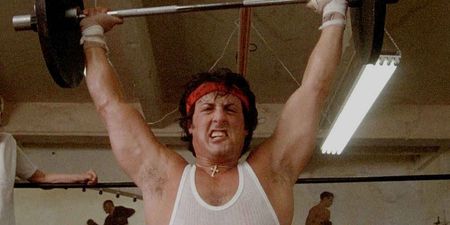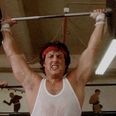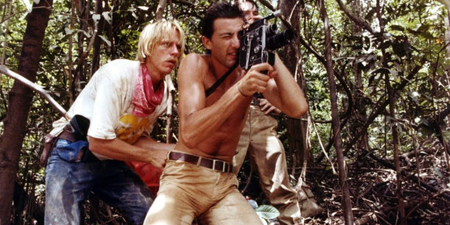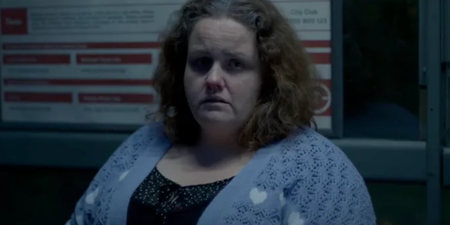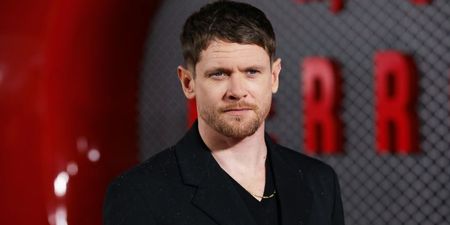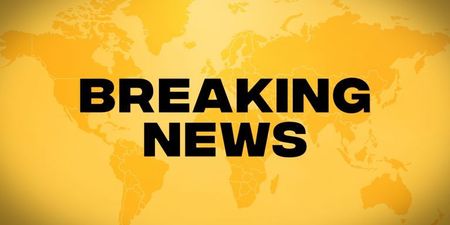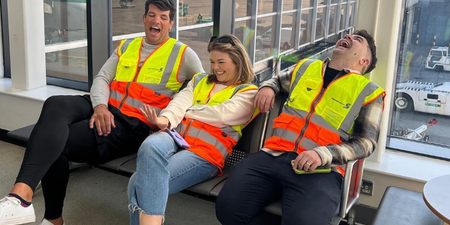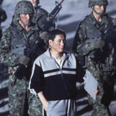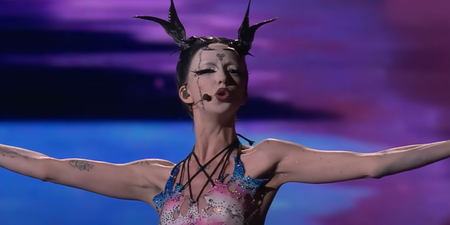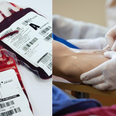JOE and the Portobello Institute at Croke Park have teamed up to answer a few of your most frequently asked fitness questions
With it being September, a lot of students will be returning to college and hoping to get into an exercise routine, or if you’ve been away and been enjoying the summer weather instead of slogging away in the gym, you might want to get back on the horse yourself.
With that in mind, JOE had a quick chat with Tony O’Brien, Sports Programme Manager with the Portobello Institute at Croke Park to look at a few of the key issues surrounding exercise, fitness and nutrition, from what we should be eating to when we should be hitting the gym, and he answered a few of our most frequently asked questions.
1) How often should we exercise? Does this depend on the type of training we’re doing?
How often depends on the participant and the sport as some activities require a greater intensity than others and therefore require more rest. For instance a speed and Plyometric speed session will require considerably more rest than perhaps alight 6k jog.
2) How much of a rest period should we have after training?
In general you should try and get 24 hours rest between each training session. This allows the body to recover and adapt ready for the next session. However the amount of rest between training sessions is dependent on the type of training and the experience of the participant. Nevertheless if you are a complete novice then three sessions a week with a minimum of 24hours between each session should and will allow the body to adapt and recover. If, however, the novice athlete does experience further discomfort after resting 24 hours further rest should be taken. In terms of how often should we aim to train depends on what are the individual goals, these might vary from competing in numerous triathlons to running the occasional 10k. What is important in both cases is that the correct advice and training program is available.
3) How soon after training should I eat?
You should aim to eat immediately after you finish training. It’s about two things essentially: recovery and storage. You need to recover the losses you undertook during the exercise, and your body is simply better at storing that recovery fuel right after your workout. Sure, you can eat later, but the benefits won’t be as good.
4) What do I need to give my body after training in terms of food/fuel?
A combinational meal, snack or drink containing carbohydrate and protein should be consumed, alongside 500ml of water. The two key components of food which are essential in the above processes are carbohydrates and proteins; protein “provides the amino acids necessary to rebuild muscle tissue that is damaged during intense, prolonged exercise. It can also increase the absorption of water from the intestines and improve muscle hydration”.
The amino acids in protein can also stimulate the immune system, making you more resistant to colds and other infections. While you might find some advice that suggests carbohydrates will serve you fine on their own, we noticed “one study found that athletes who refueled with carbohydrate and protein had 100 percent greater muscle glycogen stores than those who only ate carbohydrate. Insulin was also highest in those who consumed a carbohydrate and protein drink.” The magic ratio seems to be 4:1—for every four grams of carbohydrate, you should have one gram of protein.
5) How do I know what types of exercise are right for me?
A personal trainer will assesses the client in terms of their flexibility, range of movement and athletic history all of which will guide the trainer to devise the correct exercise program
6) Can I mix cardio and weights?
Yes, absolutely. It’s fine to execute mixed training methods and also at the same time it’s encouraged in order to develop a healthy physique and all-round fitness.
7) What times of the day should I train and does it make a difference so long as I’m getting exercise?
This depends on your goal and what you want to get from your exercise. Training in the morning can facilitate a speeding up of the metabolism, but the body is at its strongest around 4pm-6pm if you want to do more weight training. The key factor however is to develop and training program around your lifestyle which is effective and manageable.
8) How important is timing for both eating and training?
It depends on your goals and your situations. If you’re an elite athlete, then timing is absolutely essential, and you’ll know all about this yourself. However, for the novice athlete the most important thing is to maintain a healthy and active lifestyle which becomes habitual, so make sure you have an exercise regime that fits in to your life and is manageable on a regular basis.
If you’re interested in learning more of maybe even entering a career in the area of health and fitness, Portobello Institute at Croke Park deliver their popular Sports Courses at Croke Park Stadium, which range from qualifications in sports therapy, gym instruction and personal training through to strength & conditioning.
There are ITEC and FETAC accredited courses which provide a fantastic foundation for a career in the sports industry or moving on to further education and specialisation. The tutors and lecturers across all the courses have vast amounts of experience in this thriving sector, just like Tony O’Brien, who kindly answered your questions on all things fitness.
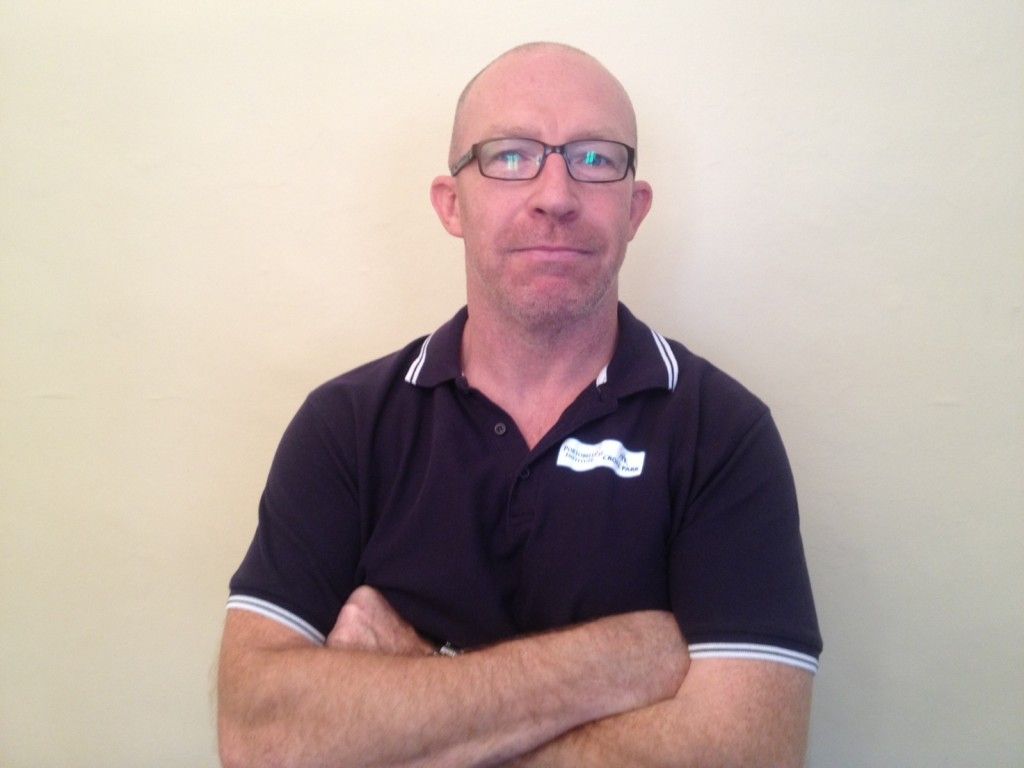
So if you want to take up a new qualification, head over to the Portobello institute at Croke Park website for more information or to register your interest with them for any of their range of courses
LISTEN: You Must Be Jokin’ with Aideen McQueen – Faith healers, Coolock craic and Gigging as Gaeilge
